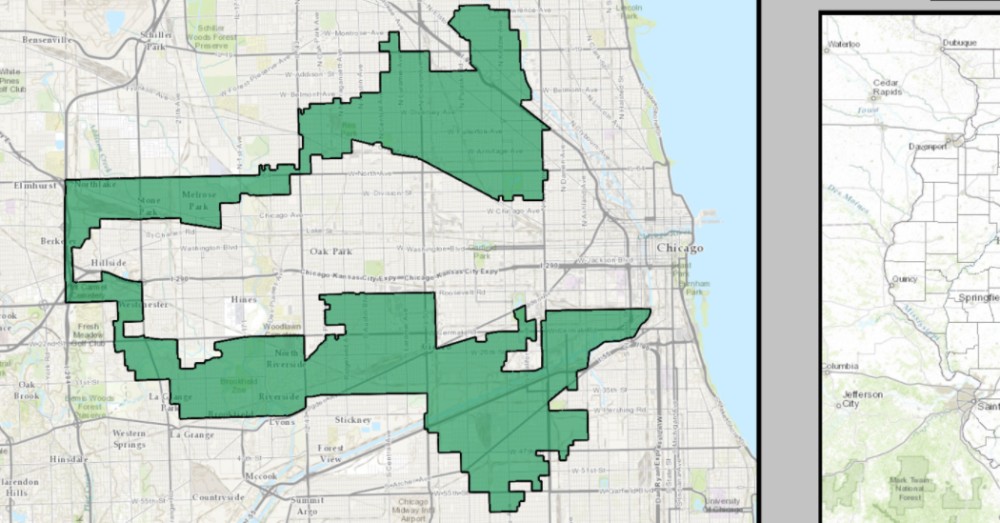The way out of partisan gerrymandering
Beyond the current Supreme Court case, there are deeper problems—and possible solutions.

It’s a persistent problem in U.S. politics: many voters don’t have a meaningful impact on elections. This leads to disengaged voters and unaccountable elected officials, mutually reinforcing ills that erode democracy.
The rise of partisan gerrymandering has exacerbated the problem. The practice isn’t new; any time politicians have been in charge of drawing legislative districts, they’ve tended to draw them in service to their own interests. But after the 2010 census, state legislatures—most of them run by Republicans—got really, really good at this. The result is a U.S. House of Representatives dominated by safe seats that incumbents barely need to bother defending.
So far the Supreme Court has declined to intervene. But a 2004 opinion by Justice Anthony Kennedy hinted that the court might step in if a case articulated a specific way to measure the problem. Now the court has agreed to hear a case that does just that.




